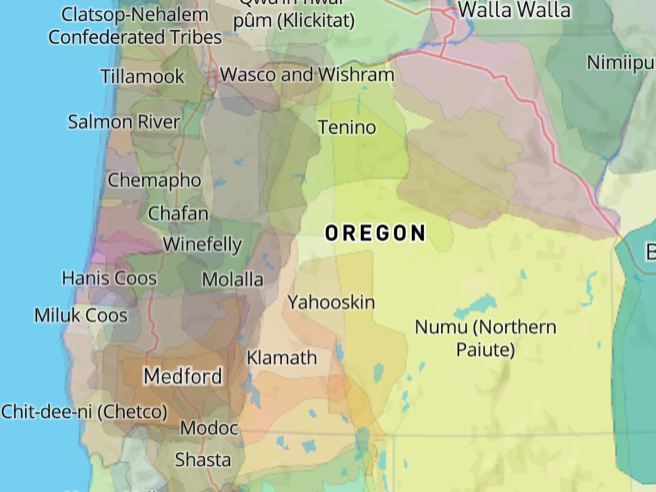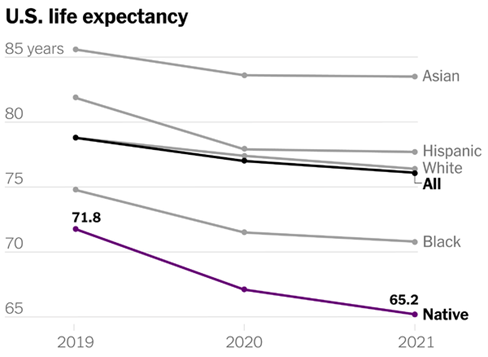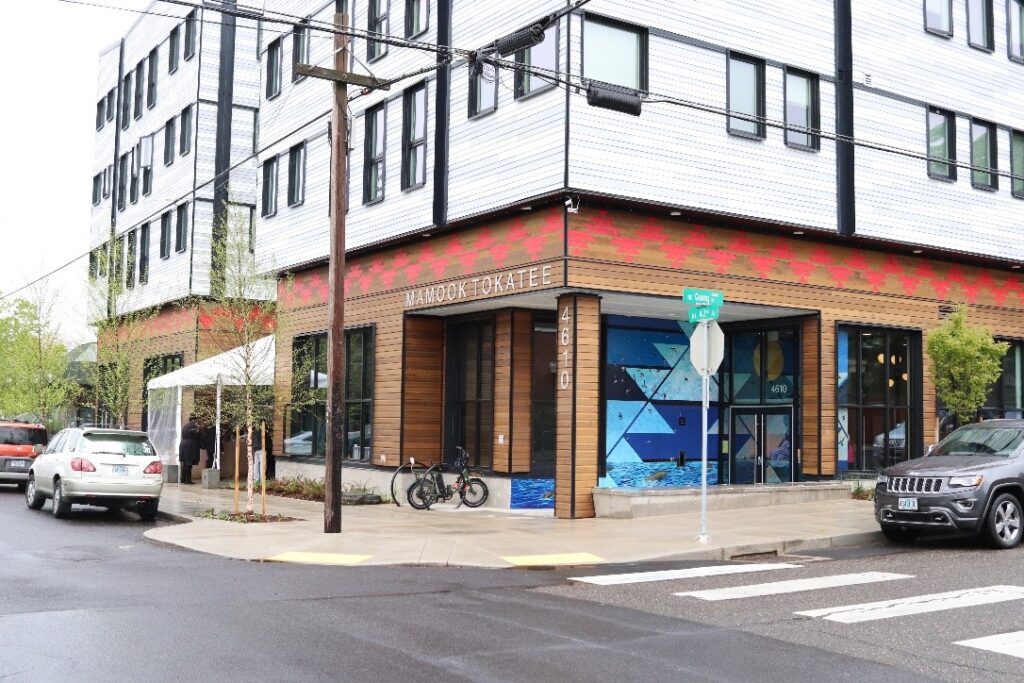|
Bus Tour Newsletter #29 – February 2023
*|MC:SUBJECT|* *|MC_PREVIEW_TEXT|* View this email in your browser In February we celebrate Black History Month. This month’s newsletter highlights modern Black history in Portland, focusing on the latter half of the 20th Century. Check out our February 2022 Bus...





